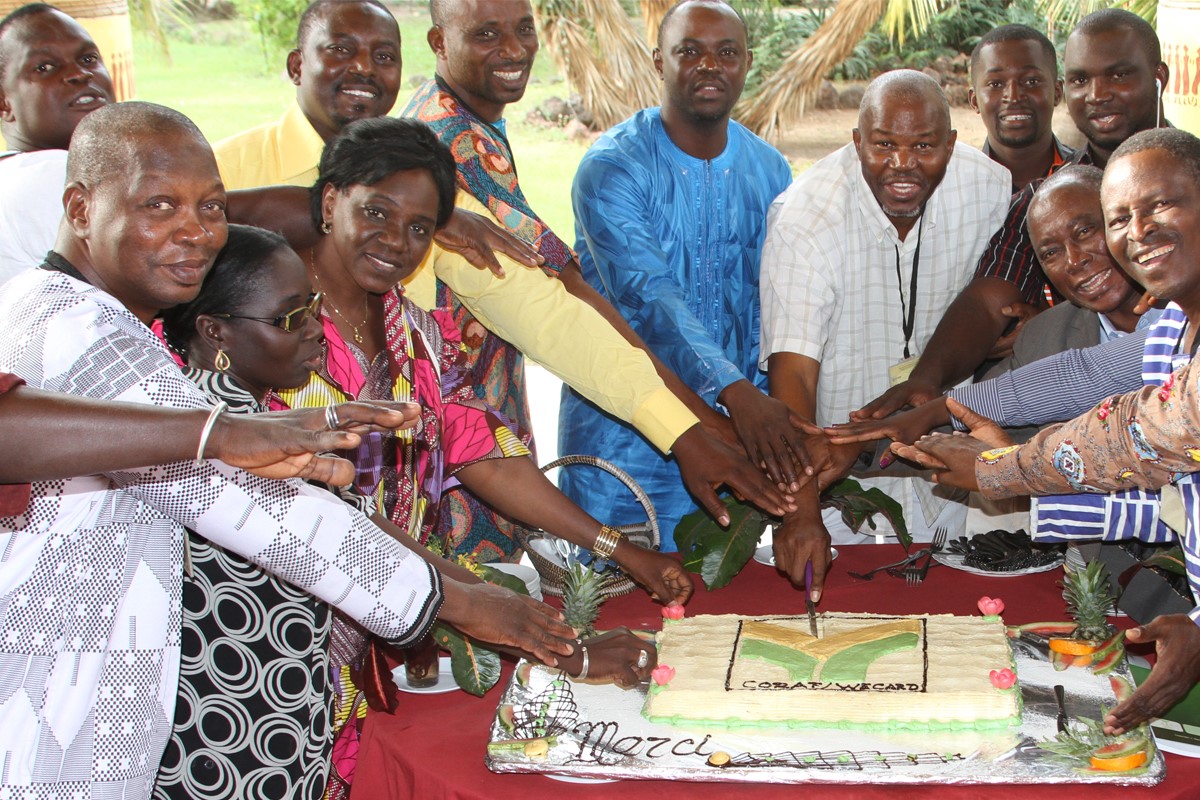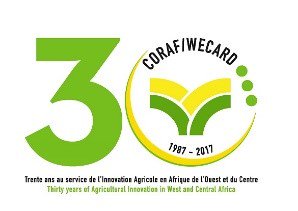The West and Central African Council for Agricultural Research and Development (CORAF) turns 30 this year.
Representatives of farmer groups, the private sector, policy, and decision-makers from the agricultural sector as well as researchers from national agricultural Research systems in West and Central Africa are expected in the Senegalese capital, Dakar at the end of November for a series of commemorative activities.
The opportunity will offer actors of CORAF a moment to reflect over 30 years of supporting close to 400 million people in 23 countries in West and Central Africa to achieve food security. The occasion will also allow CORAF and its partners to explore new ways of tackling the urgent food challenges facing both regions and Africa in general.
West and central African farmers like most others on the continent face significant post-harvest losses. Many do not have access to high-yielding seeds and fertilizers. Many improvements are needed in the irrigation techniques as well as in the mechanization of the agriculture sector.
Studies show that food imports are expected to reach $ 100 billion by 2030. In the meantime, youth employment remains a critical challenge in West and Central Africa.
Governments, regional, and international partners have set ambitious targets aimed at ensuring food security over the next decade.
Through CORAF, these partners expect high-quality research results and innovative technologies to help address some of these challenges.
A History of Results
Developing new technologies and innovations to help farmers become food secured is central to what CORAF has done since its creation in 1987.
Not only does CORAF disseminate relevant agricultural technologies and data, but it also coordinates national agricultural research systems and provide policy options to member states to achieve food security and progress in the agriculture sector.
In the past ten years, CORAF has stepped up its support to agricultural systems in both regions to make them stronger.
Through the implementation of the World Bank-funded West African Agriculture Productivity Program (WAAPP) for example, a total of 1017 young scientists were trained. The National Centers of Specializations of countries participating in the program benefitted from the renovation of the infrastructure and new research laboratories were constructed.
One hundred and sixty-one technologies have been released and adopted by 3.5 million producers and processors on about 4 million hectares. The program reached more than 7 million people directly. Forty-two percent of which were women. The program indirectly reached 30 million people.
By increasing the major crops yields between 30% and 150%, the program has had a considerable impact on food security and caloric intake. Caloric consumption rose from 2,777 kcals to 2,964 kcals and the “hunger period” reduced by 28 to 55% according to the commodity. WAAPP has also increased by 34% the economic situation of farmers as well as transformed communities.
Retooling for the Future
In 2015, World leaders met in New York and resolved to end hunger, achieve food security and improved nutrition and promote sustainable agriculture.
At the regional level, leaders unanimously endorsed the Comprehensive Africa Agriculture Development Program (CAADP) as the primary policy instrument for agricultural transformation, wealth creation, food security and nutrition, economic growth and prosperity for all.
With this renewed urgency to combat hunger, CORAF is currently sharpening its strategy. The desired objective is not only to position CORAF to effectively address the challenges facing farmers in the both West and Central Africa but to also implement the mandate assigned to it under CAADP, and regional bodies.
CORAF is one of the implementing bodies of Pillar 4 of the CAADP. In the revised plan, Pillar 4 seeks a 12 percent growth in agriculture in member countries in the next ten years.
CORAF is the technical arm of the Economic Community of West African States (ECOWAS), the West African Economic and Monetary Union (WAEMU), the Economic Community of Central African States (ECCAS) and the Central African Economic and Monetary Community (CEMAC).
The revised strategy and operational plan are expected to be adopted by the General Assembly of CORAF when it meets in Dakar, Senegal on November 28. The General Assembly is the supreme organ of CORAF.
 English
English
 Français
Français 

